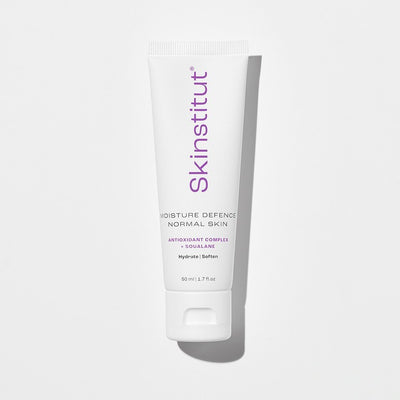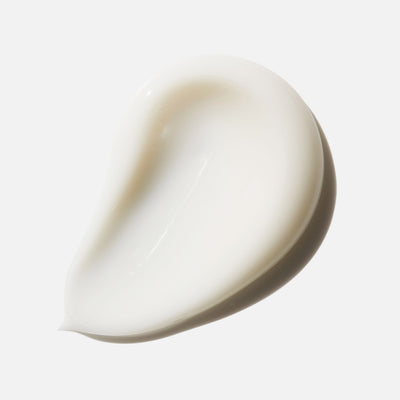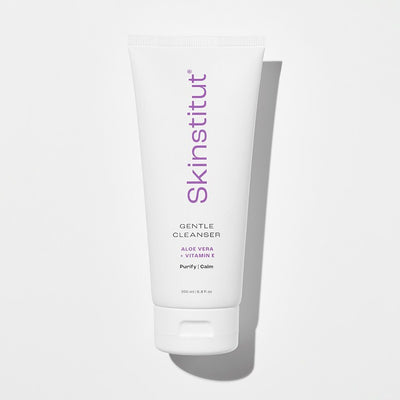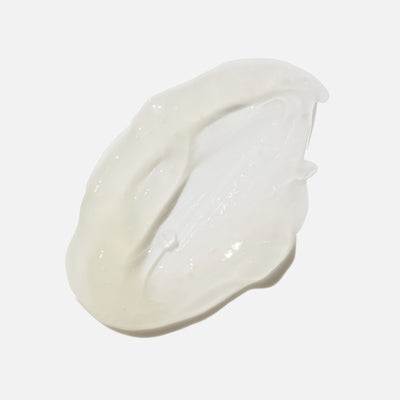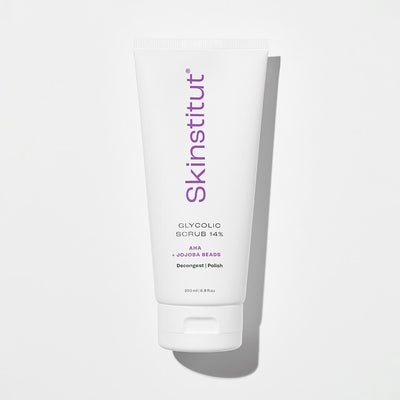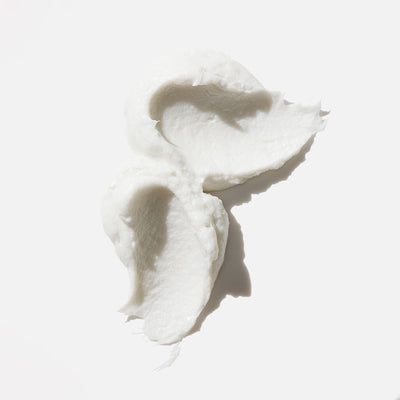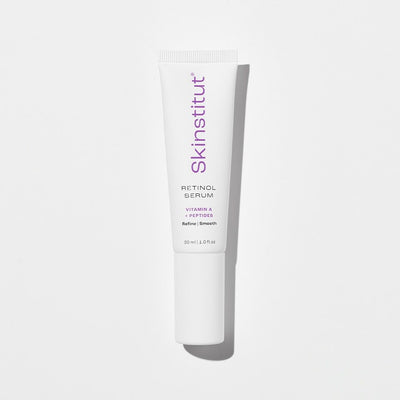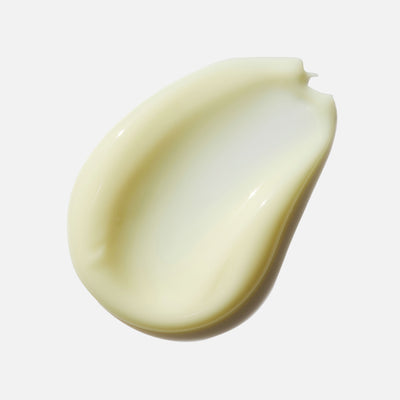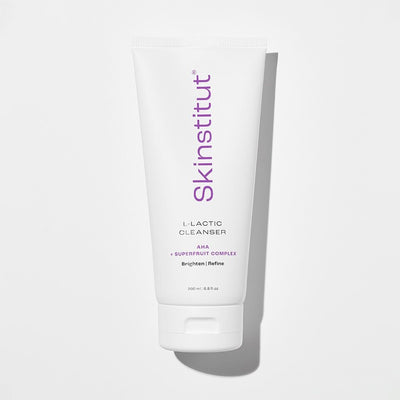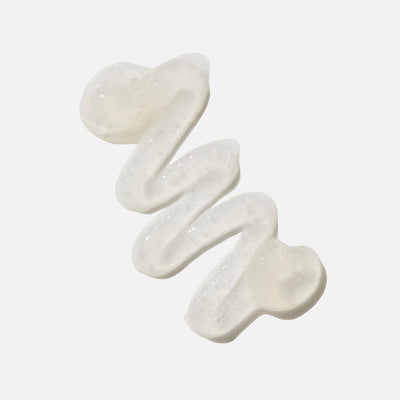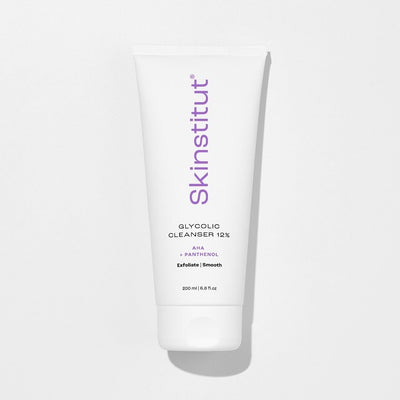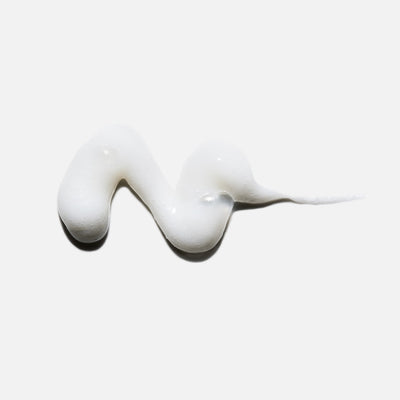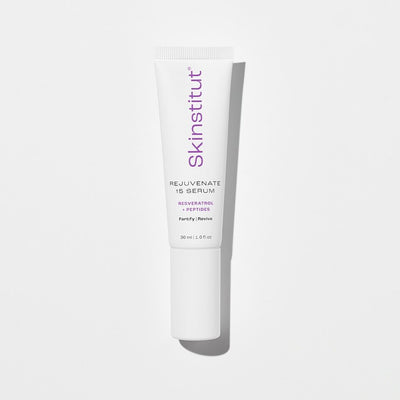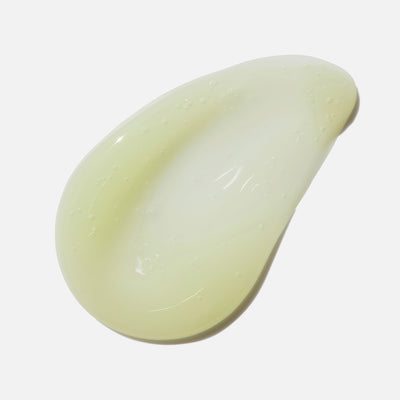We’re often asked to nominate the one skincare product we couldn’t do without— which, for us, is a bit like trying to pick a favourite song/movie/child. As far as products we wouldn’t want our skin to be without go, a moisturiser would have to be up there. We believe it’s the key to healthy skin.
Why Does Your Skin Need a Moisturiser?
There are a number of reasons why your skin will benefit from using a moisturiser and it goes beyond the most obvious function of hydration. Just as important as delivering moisture to the skin is keeping it there. It’s a little like attempting to carry a bucket of water with a hole in the bottom. Trans Epidermal Water Loss (TEWL) is the amount of water that evaporates from within the skin out into the environment and it’s a part of our everyday. The amount we lose can escalate as a result of both environmental factors such as climate and intrinsic factors including the ageing process, hormonal changes, and as a side effect of certain medications. The goal is to minimise your skin’s TEWL and this is where a moisturiser can really help.
What Does a Moisturiser Do?
A moisturiser replenishes the water content in your skin which helps to rehydrate skin cells. When those skin cells are rehydrated they plump up and give the surface layers of your skin that soft, smooth look and feel. Another important function of a moisturiser is to help to retain that fresh water content in the skin and prevent TEWL. It does this with the help of ingredients such as humectants which attract water to the skin and then act like little sponges to hold and keep that fresh dose of hydration within the skin. While humectants like Hyaluronic Acid are also found naturally in the skin, they’re commonly used in moisturisers to further boost water retention. Other humectants include Alpha Hydroxy Acids, Aloe, Glycerin, Honey, and Lactic Acid.
A moisturiser also has a protective role, helping to boost the skin’s natural protective barrier to keep potentially damaging environmental factors like wind, extreme changes in temperature, and even low humidity from irritating the surface layers of the skin. All of these elements can cause dryness, irritation, and a compromised immune system within the skin.
What Contributes to Dry Skin
YOUR AGE
We’re stating the obvious here but what worked for your 20s skin will probably not work for your 30s skin. And that’s due to a number of reasons; as we age, sebaceous glands decrease in size and produce fewer lipids that help to lubricate the skin. Your skin will look and feel drier and you’ll need a more hydrating moisturiser than you’ve used before. Hormonal changes like pregnancy, peri-menopause, and menopause also significantly affect your skin’s hydration levels for better or worse.
YOUR ENVIRONMENT
Even if you don’t normally experience dry skin, a change in climate and season can really take its toll on your skin and the way it functions. Extremely cold Winter air does not retain moisture the way warm, Summer air does; living through the cooler months will increase your TEWL and it’s highly likely you’ll experience drier skin than normal, as will experiencing a dramatic change in climate from warm to cold. Add in indoor heating in your home and car, and your skin can be bouncing between multiple drying environments, all of which take their toll.
If you’re travelling from a warmer climate to a significantly cooler one – like the snowfields – consider switching your moisturiser to a more concentrated option like Moisture Defence – Ultra Dry to help your skin weather the change in environment.
YOUR MEDICATION
There are a number of prescription drugs that can make normal skin suddenly dry and dry skin, desperately so. These can include diuretics and high blood pressure medication, cholesterol-lowering supplements, anti-androgens, acne medication, and chemotherapy. When being prescribed a new medication, ask your doctor if skin dryness is an expected side effect so that you can up your moisturisation as a preventative step.
Keep your skin comfortable and hydrated throughout the day with the use of a moisturising face mist like our Multi-Active Mist. It’s loaded with moisture-attracting Hyaluronic Acid and protective antioxidants and aside from being a great skin refresh, we like a spritz before we apply our moisturiser for a real hydration boost.
How to Choose The Best Moisturiser For Your Skin
If you don’t experience obvious dryness or that tight feeling that drier skins experience, our Moisture Defence – Normal is for you. It’s a lightweight texture that makes it suitable for both normal and combination skins (and no, it won’t clog your pores). It’s packed with humectants and emollients to attract and retain moisture within the skin and is boosted by stellar antioxidants like Kakadu Plum. During Winter you could also layer in weekly masking with our Hydrating Mask to treat any superficial dryness and get your glow back.
Oily skins often avoid moisturiser all together for fear it’s going to cause a breakout or make their skin even oilier and shinier than it is. Not our Moisture Defence – Oily. It’s been specifically formulated to provide the light hydration oily and acne-prone skins need without contributing to the excess oil and congestion you’re (quite possibly) already dealing with. Papaya Enzymes lightly exfoliate in the background, helping to ease congestion. And it has a shine-reducing, mattifying effect that also makes it a great pre-foundation primer. BUY NOW
Dry skins know they’re dry; it feels permanently parched, you may have visible signs of dryness, flaking or cracked skin, and it can feel irritated and itchy. You need specialist attention and our Moisture Defence – Ultra Dry delivers. Not only does it offer intense hydration and nourishment but it contains anti-inflammatories to quell the discomfort, itchiness, and irritation associated with very dry skin. Collagen and Elastin production is given a kickstart and your skin is restored to its plump, soft, and smooth former self.
You’re welcome.
WATCH our IGTV SKINTEL episode on how to give yourself a hydrating Winter facial at home here.



